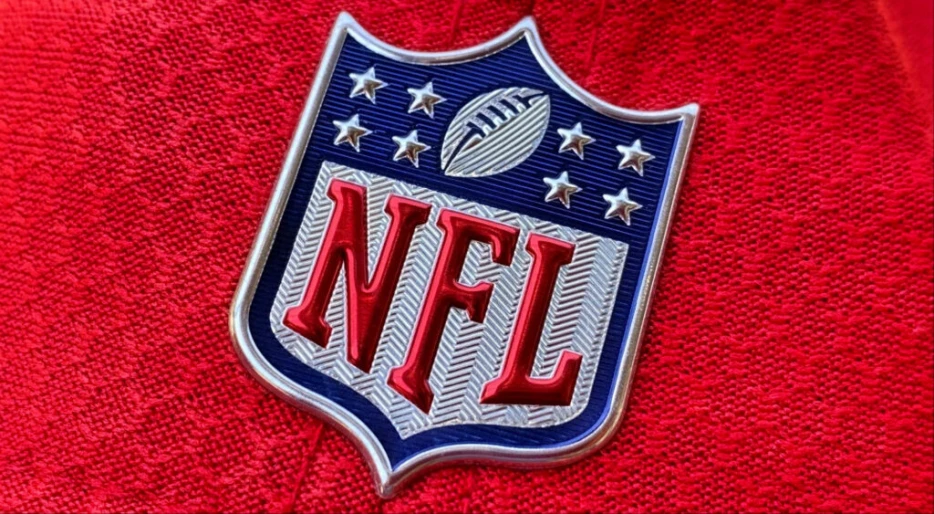
 The Falcoholic
The Falcoholic
The long-awaited quarterback switch has been made in Atlanta. What will change with the rookie quarterback taking the reins in a difficult position?
A win doesn’t get much emptier than Atlanta Falcons prevailing in Las Vegas. All the spectacular special teams moments and the defense producing four sacks or more for the third consecutive game don’t overshadow the total offensive ineptitude.
The team’s inability to make one red zone appearance in a game is preposterous. Converting only four of 13 third downs, with a large majority of them being six yards or more, indicated the inability to pass the ball downfield in high-leverage situations. This didn’t happen against three previous opponents, who all look playoff-bound led by excellent coaching and solidified defense. It happened against arguably the most dysfunctional team in the league, without the best player on their roster in Maxx Crosby.
Per ESPN’s Bill Barnwell, the Falcons ran the ball 23 out of 24 times on 1st and 10 versus Las Vegas. The one pass attempt resulted in another atrocious interception from Cousins, where an underthrown ball in the middle of the field fell right into a defender’s arms. Although a positive script allowed them to be more run-heavy compared to recent weeks, the play-calling signals revealed a loss of trust in Cousins. Turnovers became a frequent occurrence every week. Playmakers weren’t anywhere close to being maximized.
A combination of being unable to navigate through muddied pockets, create plays out of structure, and throw consistently accurately outside the numbers left a once-dynamic offense completely constrained. The switch was likely needed last week. Nevertheless, the time is now for Michael Penix. That leads to numerous questions, but you can only start in the present amid a playoff push. What can the Falcons’ offense do to improve in the final three games to put themselves in a position to make the playoffs?
There were a plethora of schematic alterations Zac Robinson had to make to compensate for Cousins. None were bigger than being unable to use play action concepts regularly. According to Pro Football Focus, only 66 play-action plays were dialed up with Cousins under center. The veteran quarterback only completed 38 out of 65 passes when operating with play action, resulting in zero touchdowns and two interceptions. His lack of comfort moving out of the pocket forced the offense to be more restricted when trying to deceive opposing defenses to sway them out of position and produce favorable looks downfield. They knew collapsing the pocket would practically automatically end the play with Cousins’ inability to operate under pressure.
Inserting Penix into the lineup allows Robinson to show his capabilities of maximizing play action. It’s one of the key staples in Sean McVay’s success with bootlegs, wide receiver slide routes, and stretch plays. The Falcons have the personnel to exploit defenses across the field with their array of playmakers. They have started using more 22 personnel to provide extra protection for long-developing plays. The added support...